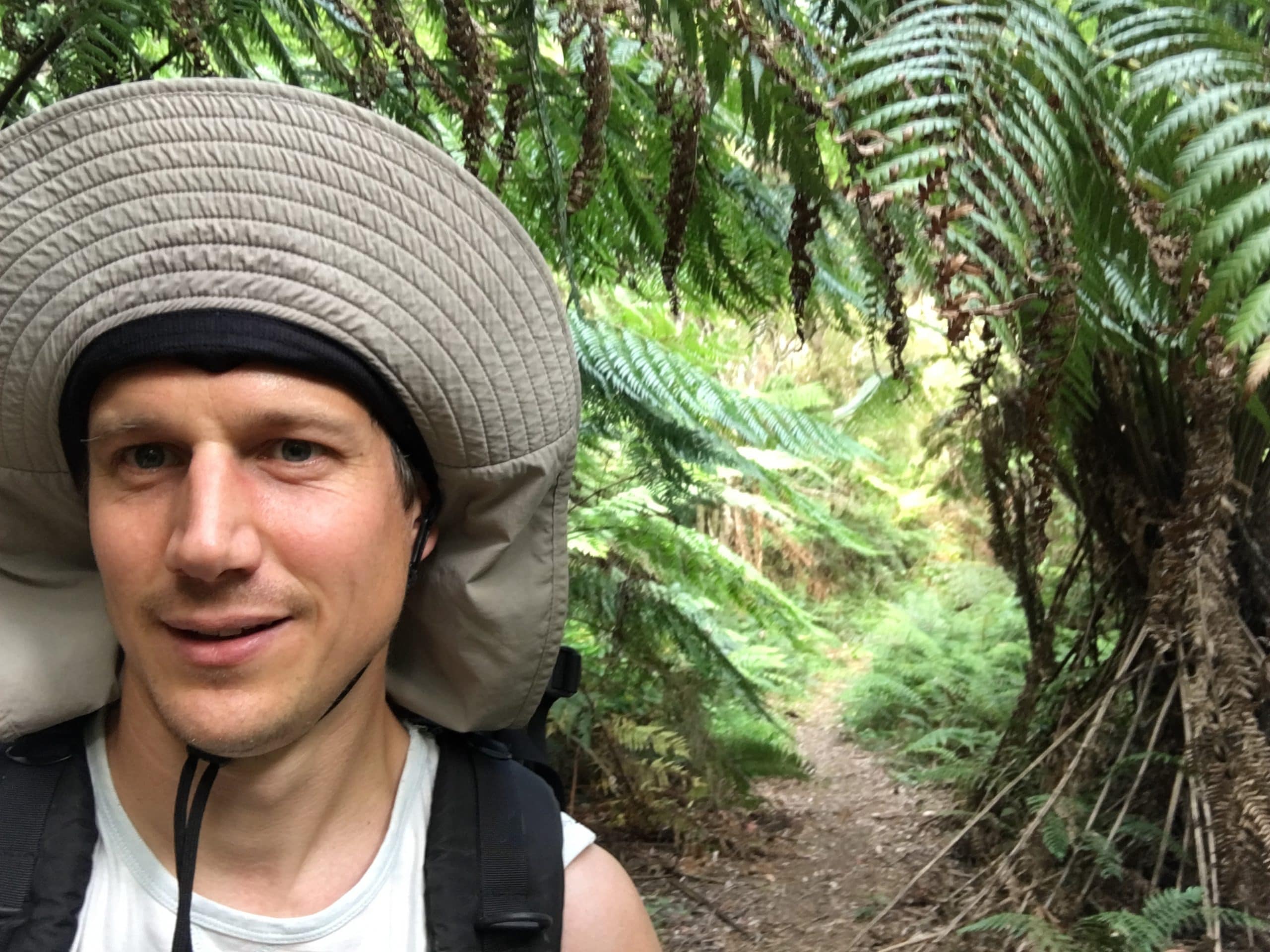With a name like “Sacred Experience”, some people might see this business and see it as some sort of religious cult with a fitness focus! However, in all honesty, it is not like this. Whilst we recognise a spiritual component to things, this component is adapted depending on the wants and needs of the individual. Allow me to explain.
Firstly, in my own journey, I have explored a wide range of different religions and spiritual systems at different times, which has in part allowed me to flexibly move through different paradigms without essentially getting too stuck on any idea of rightness. In my early days I have been both athestic and agnostic. There was also a time when my thinking was predominantly scientific. It still is, in many ways, however, I am not exclusively scientific. I have two masters degrees in scientific disciplines. I use the strength of the scientific method to provide evidence-based programs for my clients. Logic, rationality and discernment will always be key tools for me.
In the early 2000s I began to study and investigate consciousness in greater detail and realised that science and spirituality would have to coexist for me in some manner. Whilst many want greater alignment between the two disciplines, the reality is that there is still a considerable gap between the two fields and it will be some time before they influence each other enough to gain a greater alignment. Many very intelligent people are working on that integration problem all around the world. Although the brain plays an important role in consciousness, it is incorrect to say that consciousness is purely biological.
Different spiritual systems have sought to understand the nature of the spirit soul – this idea that there is a component of us that is non-physical and eternal. A core essence of ourselves that does not disintegrate upon the death of the physical body but that continues on. This is not something that everyone can accept, as scientifically proving the existence of the soul has been difficult to accomplish. A discerning thinker should naturally question such a claim, and should not just accept it without ascertaining the answer to their full satisfaction. At Sacred Experience, I have worked with people who did not believe in the existence of anything spiritual and that is completely fine. I simply work with them on the levels that they wish to work on. No part of our service requires people to believe in the existence of spirit.
If someone is looking for proof that a component of themselves is beyond physical, then I have a clear method for helping that person to gain greater realisation. If that person can train themselves to sit still for around an hour a day in meditation, then it becomes possible to become sensitive to vibration. Awareness of vibration is arguably the first level of spirital initiation – it is in fact, what makes an aspiring neophyte into an initiate. If the person is willing, I recommend completing the 10 day Vipassana course in the Blue Mountains. This is a 10 day meditation retreat that you spend in complete silience, meditating for around 12 hours a day. It is certainly quite an experience! Over the 10 days, you progress from breathing awareness into awareness of bodily sensation through scanning the body, and from there into awareness of subtle uniform vibration. Over time, I tend to believe that once a person has enough experience of subtle vibration then this will allow them to recognise that they have an energetic or subtle etheric body and thus that there is a component of their consciousness that is non-physical. Unlike the body’s cellular structure, this vibrational field does not decay with age. It can become weakened or diminished through various events, and it can be made stronger through spiritual practices, but it does not necessarily decay over time. The same phenomenon happens with thoughts. Whilst I may get slower in my thinking as I age and my brain starts to decay, it is not necessarily the case that I will be much slower, or that my thoughts will have any less energy, as I approach death. Similarly, it is possible to feel things just as intensely, and to desire things just as strongly.
What we do like to do, however, is help people to connect in to the core of their being. It helps to have good and thorough knowledge of the self. How you define and approach the study of your inner self is totally personal. You can, and should, develop your own approach to the study of your own self. I tend to keep my processes that I use for myself very confidential, and I don’t push them onto others. If people wish to discuss these things with me, then I keep the door open for that discussion. But I will never force the issue. I simply encourage people to explore the questions, and I encourage contemplation when things come up for people. As Socrates said “the unexamined life is not worth living!”. This examination in turn helps people to refine their training, mindset and lifestyle in order to get better results, to feel better and become more positive, and to build resilience and adaptability.
